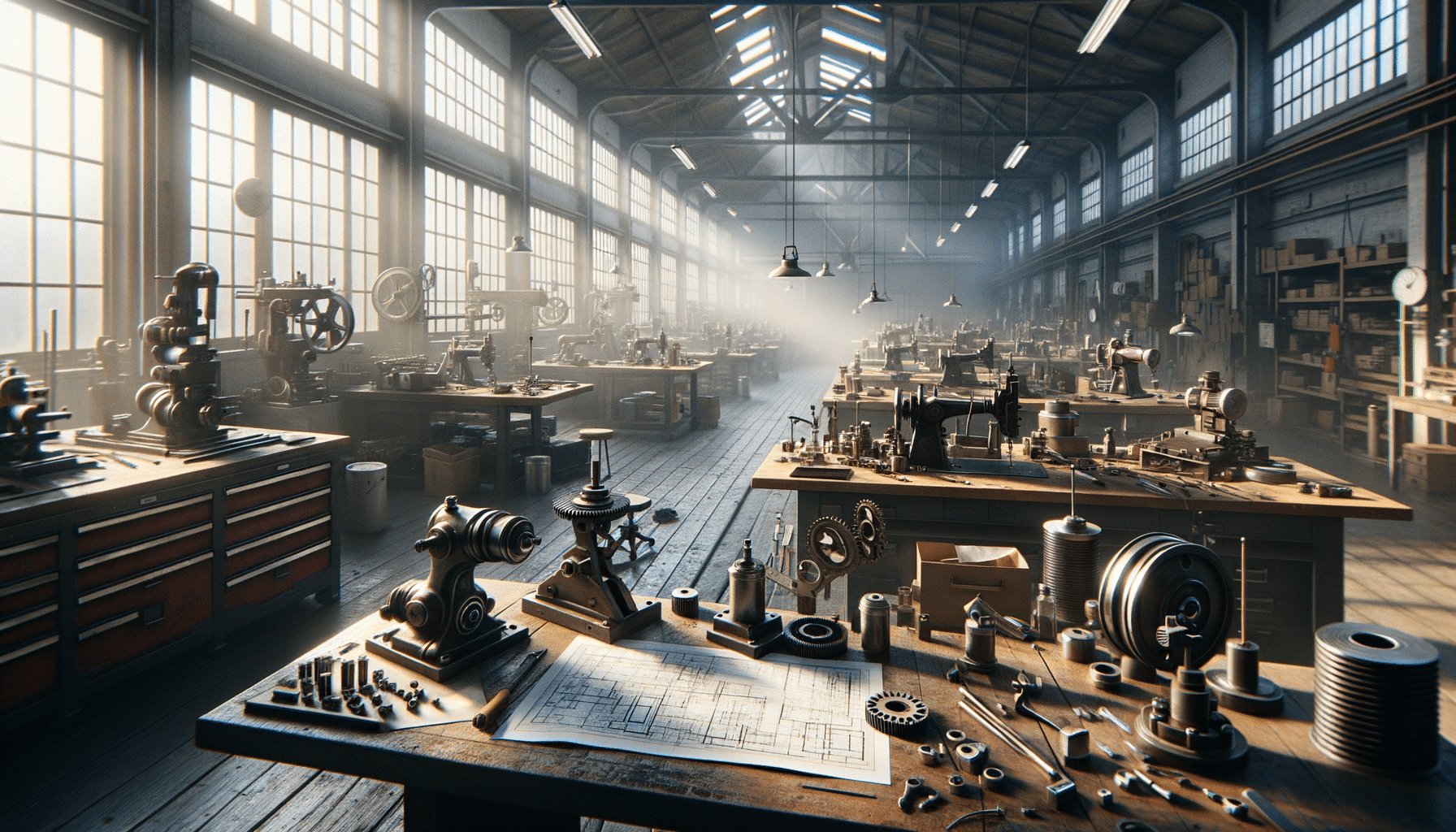
Exploring Mechanical Engineering Careers: Opportunities and Development
Introduction to Mechanical Engineering Careers
Mechanical engineering is a cornerstone of modern industry, playing a critical role in the design, analysis, and manufacturing of mechanical systems. With its broad applications, mechanical engineering offers a variety of engineering roles that are integral to many sectors, including automotive, aerospace, energy, and robotics. The demand for skilled mechanical engineers continues to grow as industries evolve and innovate. This article delves into the diverse career paths available within mechanical engineering, highlighting the significance of technical skill building and career development support for aspiring engineers.
Key Engineering Roles in Mechanical Engineering
Mechanical engineering encompasses a wide range of engineering roles, each contributing to the development and maintenance of complex systems. Some of the primary roles include:
- Design Engineer: Focuses on creating detailed plans and specifications for mechanical systems, ensuring they meet functional and safety standards.
- Manufacturing Engineer: Works on optimizing production processes, ensuring efficiency, quality, and cost-effectiveness.
- Project Engineer: Manages engineering projects from conception to completion, coordinating between different teams and stakeholders.
- Research and Development Engineer: Engages in innovative projects to develop new technologies and improve existing systems.
Each role requires a unique set of skills and expertise, making technical skill building a crucial aspect of career advancement in mechanical engineering. Engineers often specialize in specific areas, allowing them to become experts in their chosen field.
Importance of Technical Skill Building
In the field of mechanical engineering, technical skill building is essential for staying competitive and effective. Engineers must continuously update their skills to keep pace with technological advancements. Key areas for skill development include:
- Computer-Aided Design (CAD): Mastery of CAD software is crucial for designing and modeling mechanical components and systems.
- Finite Element Analysis (FEA): Understanding FEA helps engineers evaluate the strength and behavior of materials under various conditions.
- Programming and Automation: Familiarity with programming languages and automation tools is increasingly important for modern engineering tasks.
By focusing on these areas, engineers enhance their ability to contribute effectively to their teams and projects. Employers often provide career development support through training programs and workshops, encouraging engineers to expand their skill sets and knowledge.
Career Development Support and Opportunities
Mechanical engineers benefit from various career development support initiatives that facilitate professional growth and advancement. Companies recognize the importance of investing in their workforce, offering resources such as:
- Mentorship Programs: Experienced engineers guide and support junior staff, sharing valuable insights and knowledge.
- Continuing Education: Opportunities for further education, such as certifications and advanced degrees, help engineers specialize and advance in their careers.
- Networking Events: Conferences and industry events provide platforms for engineers to connect with peers and industry leaders.
These support systems are designed to help engineers navigate their careers effectively, ensuring they remain engaged and motivated in their roles.
Conclusion: Embracing a Mechanical Engineering Career
A career in mechanical engineering offers a wealth of opportunities for those passionate about innovation and problem-solving. With a variety of engineering roles available, individuals can tailor their careers to match their interests and strengths. By focusing on technical skill building and leveraging career development support, mechanical engineers can achieve significant professional growth and make substantial contributions to their fields. As industries continue to evolve, the demand for skilled mechanical engineers will remain robust, making it an exciting and rewarding career choice.


